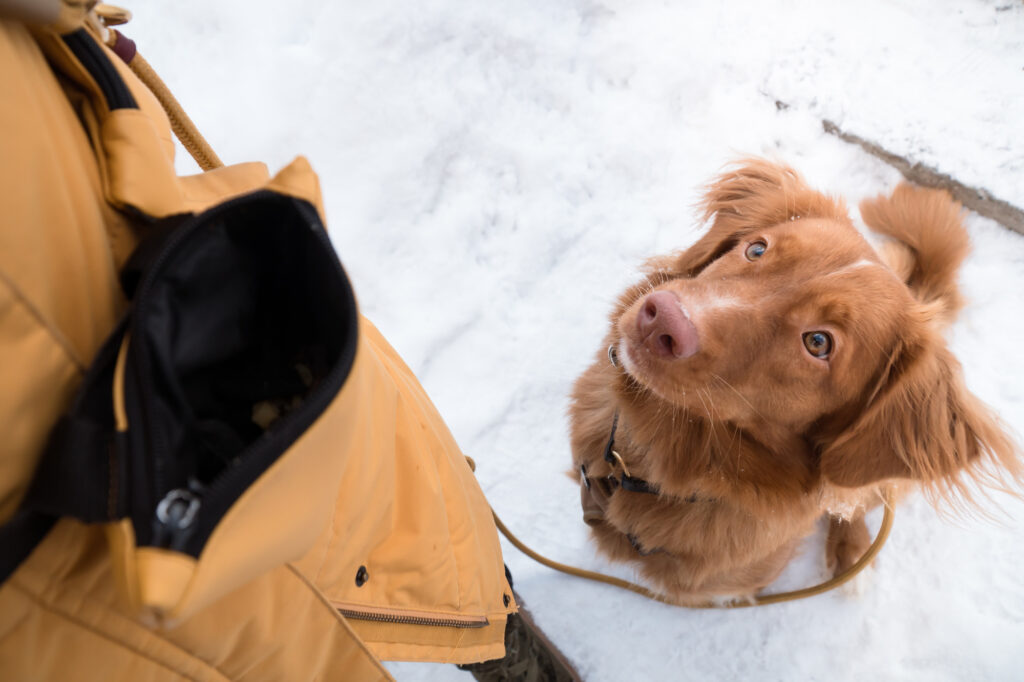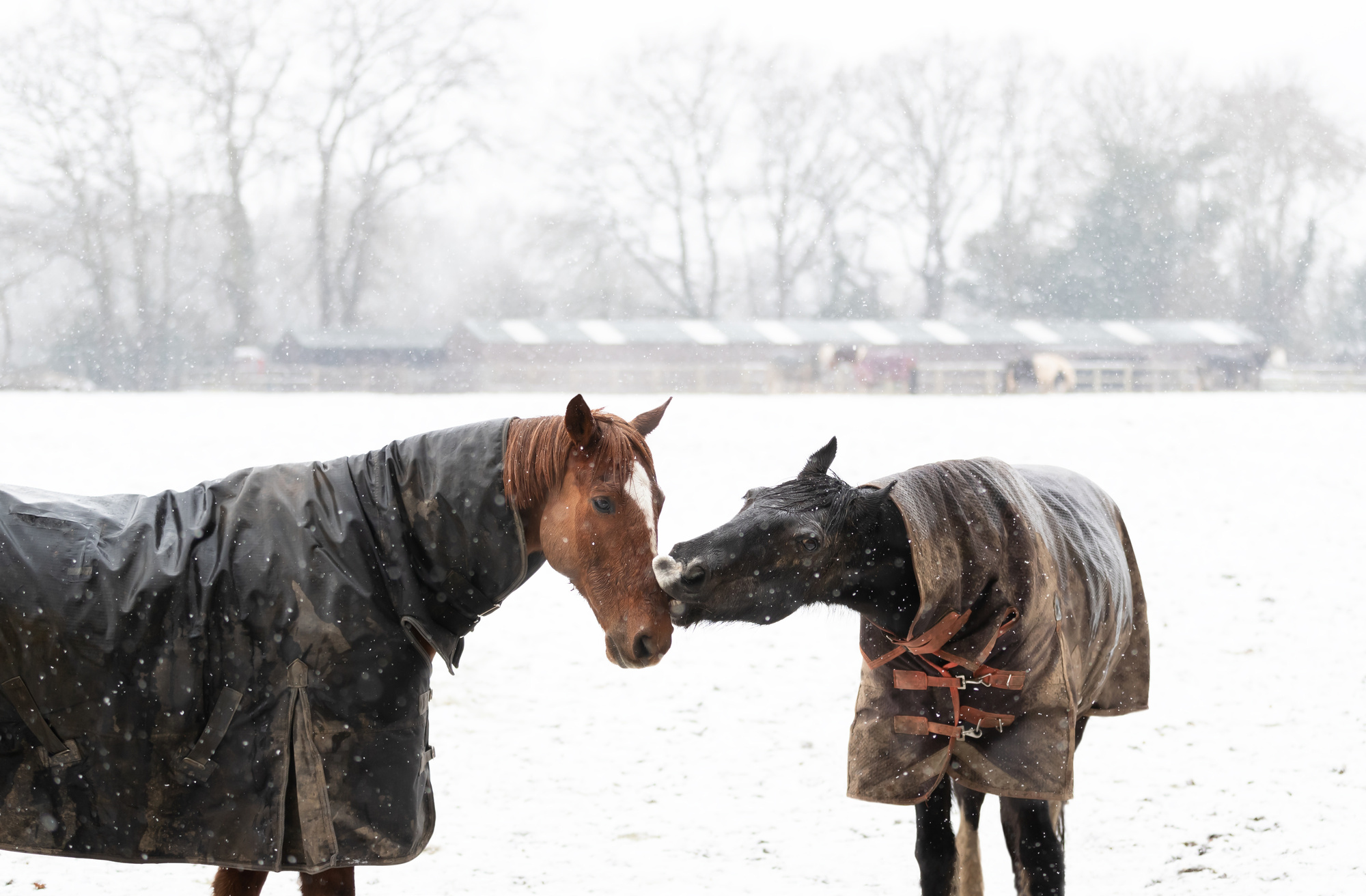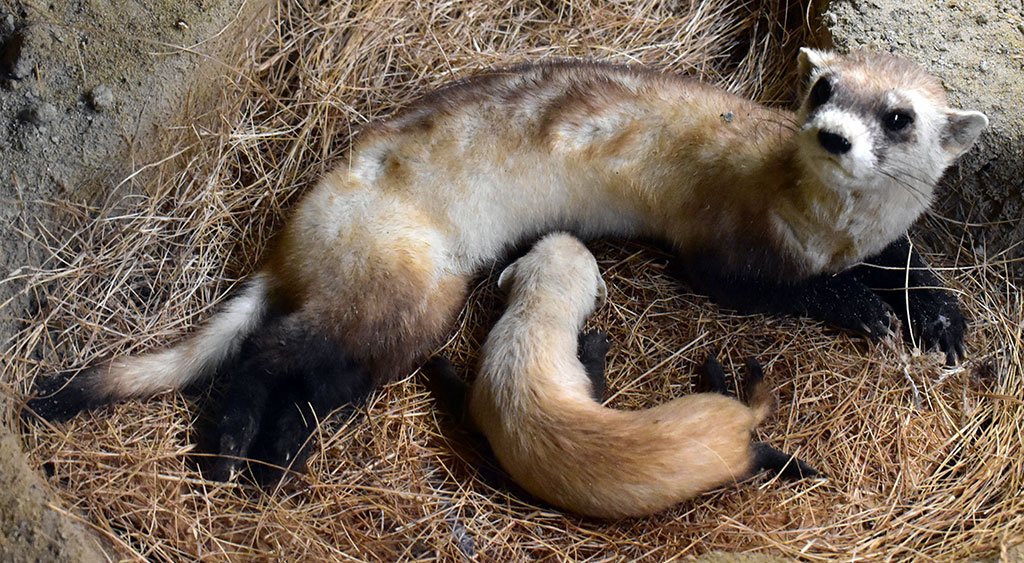As the winter season casts its chilly embrace over the landscape, the frosty weather not only calls for a change in human wardrobe but also signals a crucial time for pet owners to pay extra attention to their furry companions.
For that reason, this comprehensive guide aims to arm pet owners with the knowledge and tips necessary to navigate the winter months, ensuring their pets remain healthy, comfortable, and joyful.
Understanding Your Pet’s Cold Weather Needs
- Assessing Your Pet’s Breed And Winter Tolerance
Every animal has a different tolerance to cold, largely influenced by their breed, size, and coat type. For instance, providing blankets for horses is crucial in protecting these large mammals from winter chills.
Smaller dog breeds with thin coats are more susceptible to cold weather and may require extra warmth and shelter. On the other hand, larger breeds with dense coats are better equipped for lower temperatures but should still be monitored for signs of discomfort.
- Adjusting Food And Water Intake
As the mercury dips, pets may require more calories to help maintain their body heat. Adjusting their diet is vital, ensuring they have the energy to stay warm. Keeping their water from freezing is also imperative to their hydration and overall well-being.

Protecting Your Pet From The Elements
- Sheltering Strategies For Outdoor Animals
Outdoor pets need a haven from the wind, snow, and ice. A well-insulated shelter, elevated from the ground and with dry bedding, can be a lifesaver. Ensure the entrance is shielded from drafts, and the interior remains dry.
- Protective Gear For Daily Walks
Don’t overlook the benefit of protective gear when it comes to daily walks. Dog booties can protect sensitive paws from icy ground and harmful de-icing chemicals, while a waterproof jacket keeps your pet dry and insulated.
Health Considerations During Winter
- The Threat Of Frostbite And Hypothermia
Like humans, pets can suffer frostbite and hypothermia if exposed to cold temperatures for too long. Recognizing signs such as shivering, lethargy, and ice on the body. If you suspect your pet is affected, seek veterinary care immediately.
- Regular Exercise And Mental Stimulation
Maintaining regular exercise is challenging in winter, but it’s essential for your pet’s physical and mental health. Find creative indoor activities or shorter, more frequent outdoor exercises to keep your pet active and engaged.
Monitoring Winter Health Issues
- Recognizing Seasonal Ailments
Winter brings many potential health issues for pets. Dry, itchy skin is a common complaint as pets spend more time in heated indoor environments that lack natural humidity. Similarly, conditions like arthritis can worsen in the cold, leading to decreased mobility and increased discomfort.
It’s critical to keep a watchful eye on your pet’s comfort levels during these months. Observe signs of distress or discomfort, such as persistent scratching, reluctance to move, or changes in sleeping patterns.
- Importance Of Regular Vet Check-Ups
The role of regular veterinary check-ups becomes even more pronounced during the winter season. These visits are a cornerstone for preventative care, allowing for the early detection and management of any health concerns that the cold weather could exacerbate.
Your veterinarian can offer tailored insights specific to your pet’s needs, whether adjusting their diet to support a higher energy requirement or recommending supplements to maintain joint health.
Winter Safety Measures
- Keeping Pets Safe During Walks
Safety during walks in winter is multifaceted. Employing reflective gear, such as vests or collars, and attaching a light to your pet’s leash can make all the difference in keeping them seen and safe.
Additionally, winter walks can expose pets to harsh conditions underfoot. Your pet’s paws need protection from icy patches that can cause slips to corrosive salt used for melting snow. Consider pet-safe ice melts for your driveway and use dog booties to protect their paws on walks.
- Dangers Of Antifreeze And Other Chemicals
The sweet but lethal allure of antifreeze poses a significant risk to pets during winter. Vigilance is vital in preventing accidental ingestion. Securely store antifreeze containers and clean up any spills immediately.
Beyond antifreeze, other winter chemicals like rodenticides and holiday plants can be toxic. Create a pet-safe zone away from these hazards and ensure your pet’s paws are cleaned after every walk to remove potentially harmful residues.
Engaging Indoor Activities
- Creative Playtime Ideas
When the winter chill keeps you indoors, take the opportunity to engage your pet with creative playtime ideas. Rotate toys to maintain interest, create obstacle courses for mental and physical stimulation, and introduce puzzle feeders to challenge them. Indoor play isn’t just about exercise; it’s about keeping your pet’s mind active and alert, warding off the winter depression that could lead to behavior issues.
- Training And Bonding Opportunities
The intimate setting of your home during winter provides an excellent backdrop for deepening the bond with your pet. Take this time to engage in training activities. Brush up on obedience training, teach new tricks, or even enroll in an online training class together. These activities reinforce good behavior, promote mental stimulation, and alleviate the potential stress of being cooped up indoors.
Conclusion
Ensuring your pet’s warmth, safety, and health during winter doesn’t have to be daunting. By understanding their needs, providing proper shelter and gear, and keeping them engaged, you’ll help your furry friend enjoy the season just as much as any other time of year.







